Post Conversation About Stillbirth
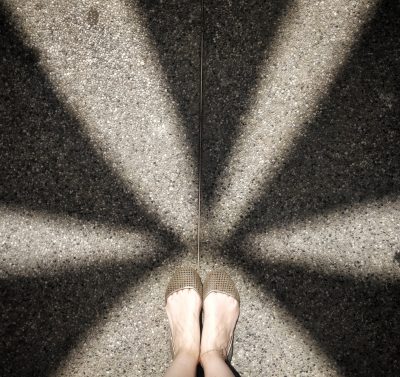 I took on new roles in my new path; all are very important.
I took on new roles in my new path; all are very important.
But I think one of the essential roles is talking about stillbirth with practitioners from various fields.
I begin my talk/lecture/conversation with my own story and talk about the specific characteristics we will see in our clinic, with women who will tell their own stillbirth story.
I also share my personal and professional experience, assuming that many practitioners don’t know enough about stillbirth, so it’s important to give even some necessary information about stillbirth. So practitioners will have a general idea of the situation and know how to react.
I worked on my presentation for a while, trying to deliver a very accurate and precise message.
Of course, I realized I have more than just one important message, and I hope they echoed in the hearts of those wonderful eight women who cleared their summer schedule to come and listen to me.
Before every talk/lecture/conversation I give, I get very nervous, to the point I don’t understand why I set it up in the first place.
Every time I feel this way, there’s one book and one person who remind me why I’m coming out of my comfort zone to talk to others about this silenced topic:
If I won’t talk about it, how will you know?
If I won’t tell you how I felt, what life’s like after what happens in that delivery room at the hospital, if I don’t tell you that stillbirth includes everything that happens after, not just what happens in that delivery room, how will you know?
If I won’t shed light on dark issues, how will you know to help that patient that comes to you in desperate need of help after her stillbirth?
How will you know there’s hope after stillbirth if I won’t be the one to come and talk about it? Hope that appears like rays of light, piercing the clouds of loneliness and silence, which are all around after a stillbirth.
So much silence surrounding this topic, so many whispers.
How can this be, when this is a topic that should be talked about out loud? Have we any idea how that can help those who went through stillbirth?
This talk/lecture/conversation ends, I hope, with a bit more understanding that stillbirth is a trauma, like many other experiences. We should talk about trauma.
I hope that the women who heard me and asked their questions, understand that we need to bring our kindness to the front. It involves allowing ourselves to be vulnerable and allowing words to come straight from our hearts.
Kindness. We need more kindness and compassion in this world.
Every day, and especially in situations such as after stillbirth.
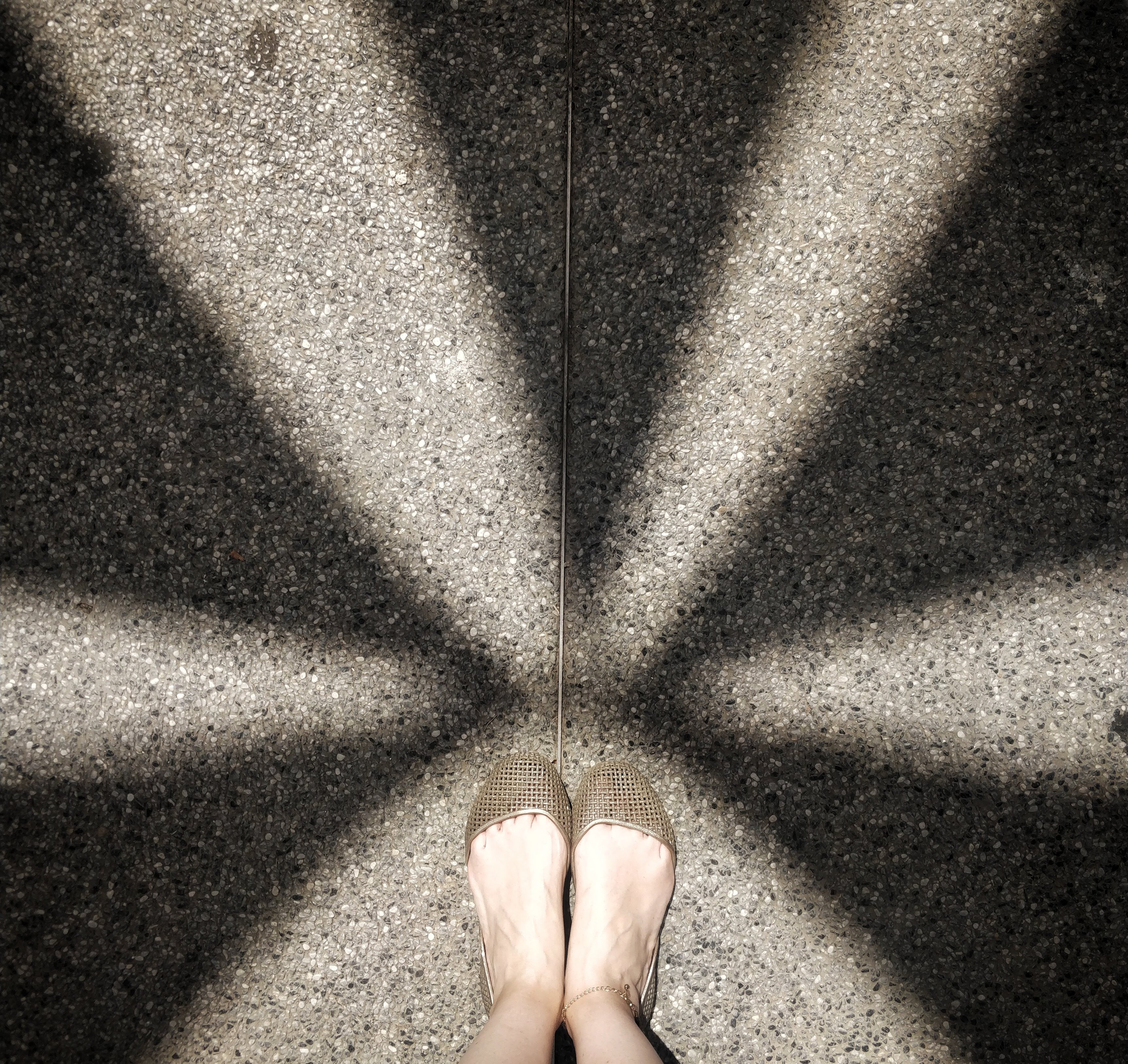
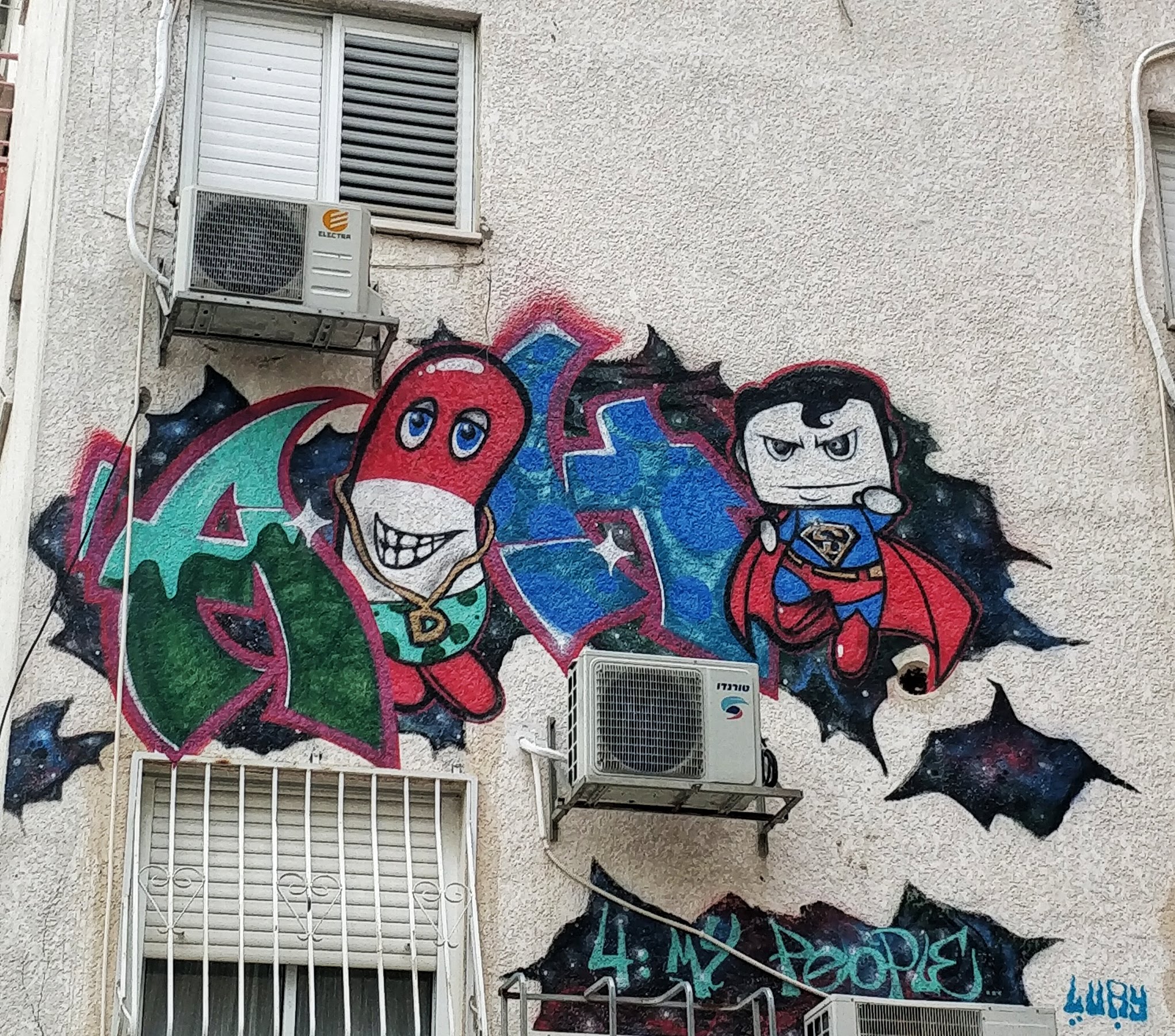
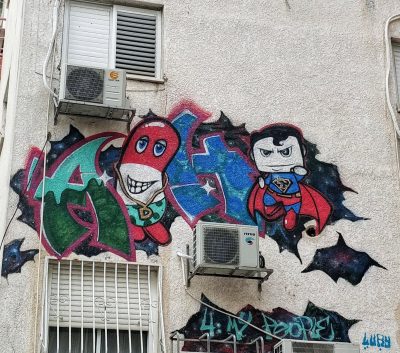 After my stillbirth, at the hospital, I remember the doctors saying I am a hero.
After my stillbirth, at the hospital, I remember the doctors saying I am a hero.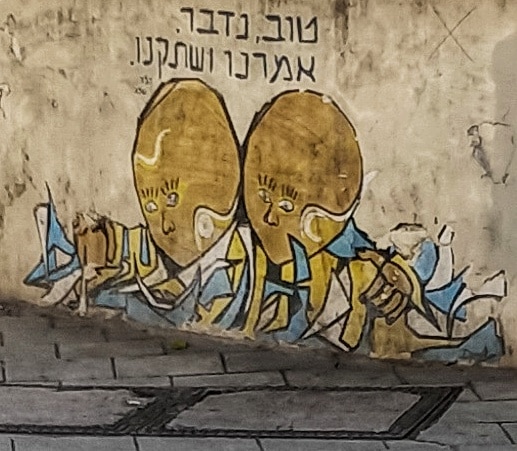
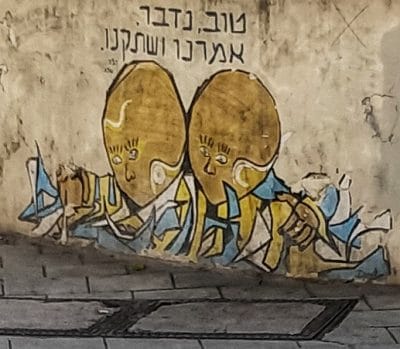 Years before I had my stillbirth with Ayelet, I went through sexual trauma.
Years before I had my stillbirth with Ayelet, I went through sexual trauma.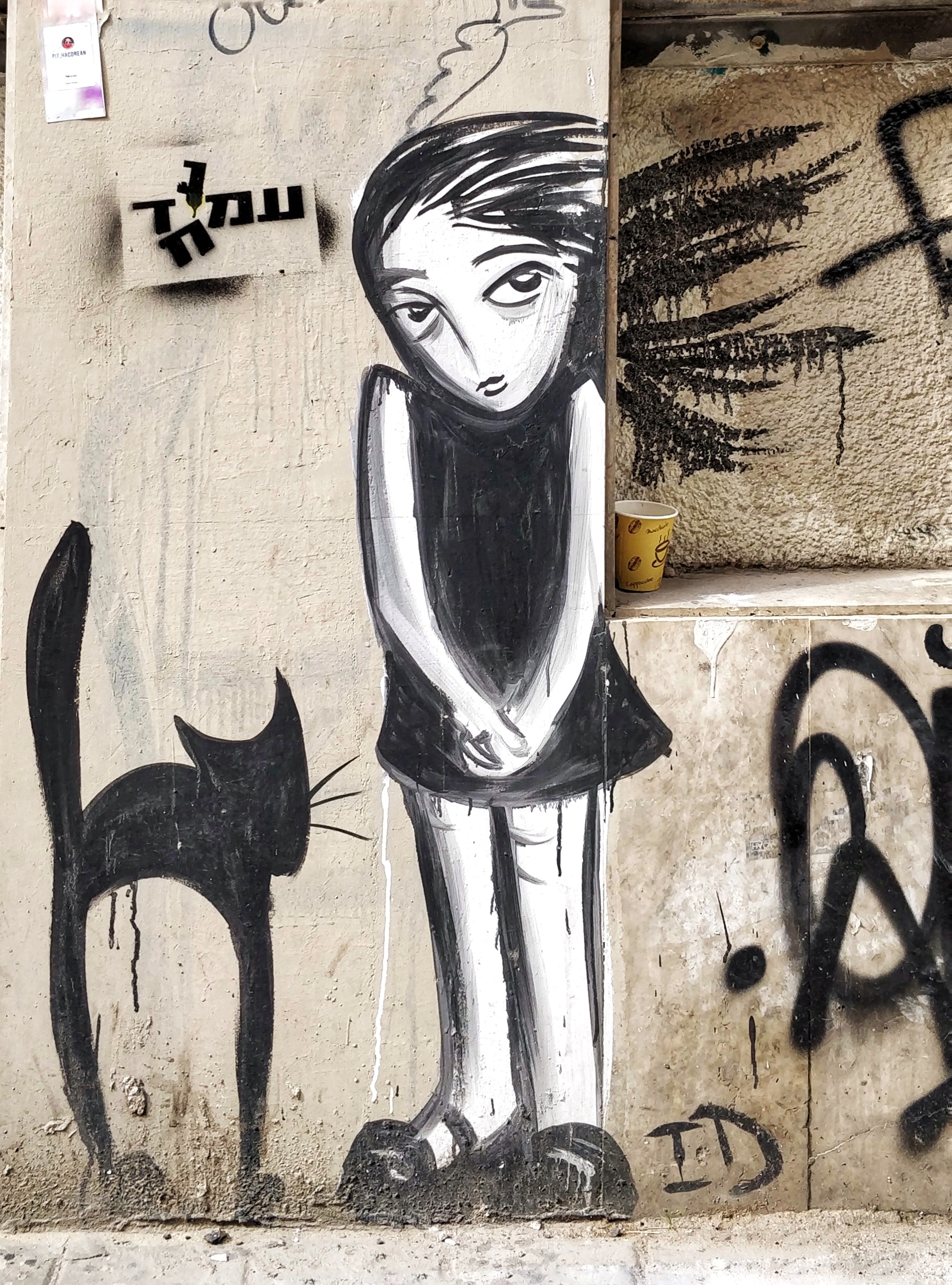
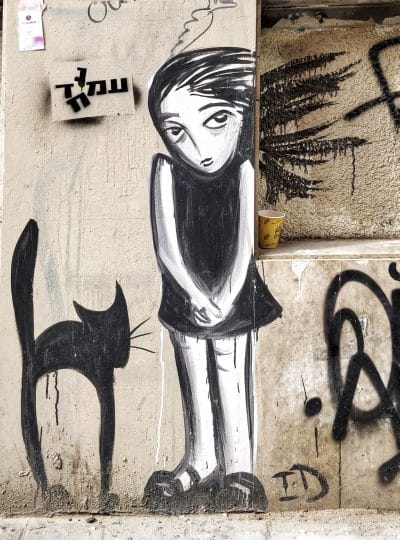 As I was in the delivery room, waiting for my stillbirth to begin, the medical team talked with us about burial.
As I was in the delivery room, waiting for my stillbirth to begin, the medical team talked with us about burial.
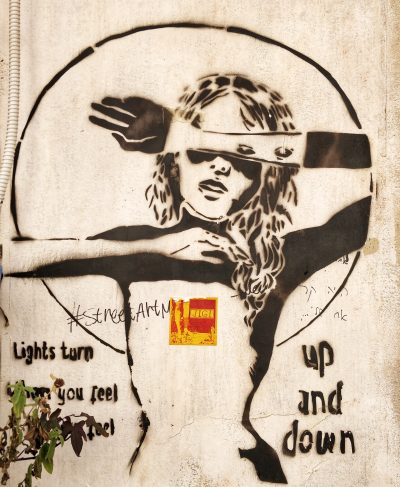 Stillbirth is a loss.
Stillbirth is a loss.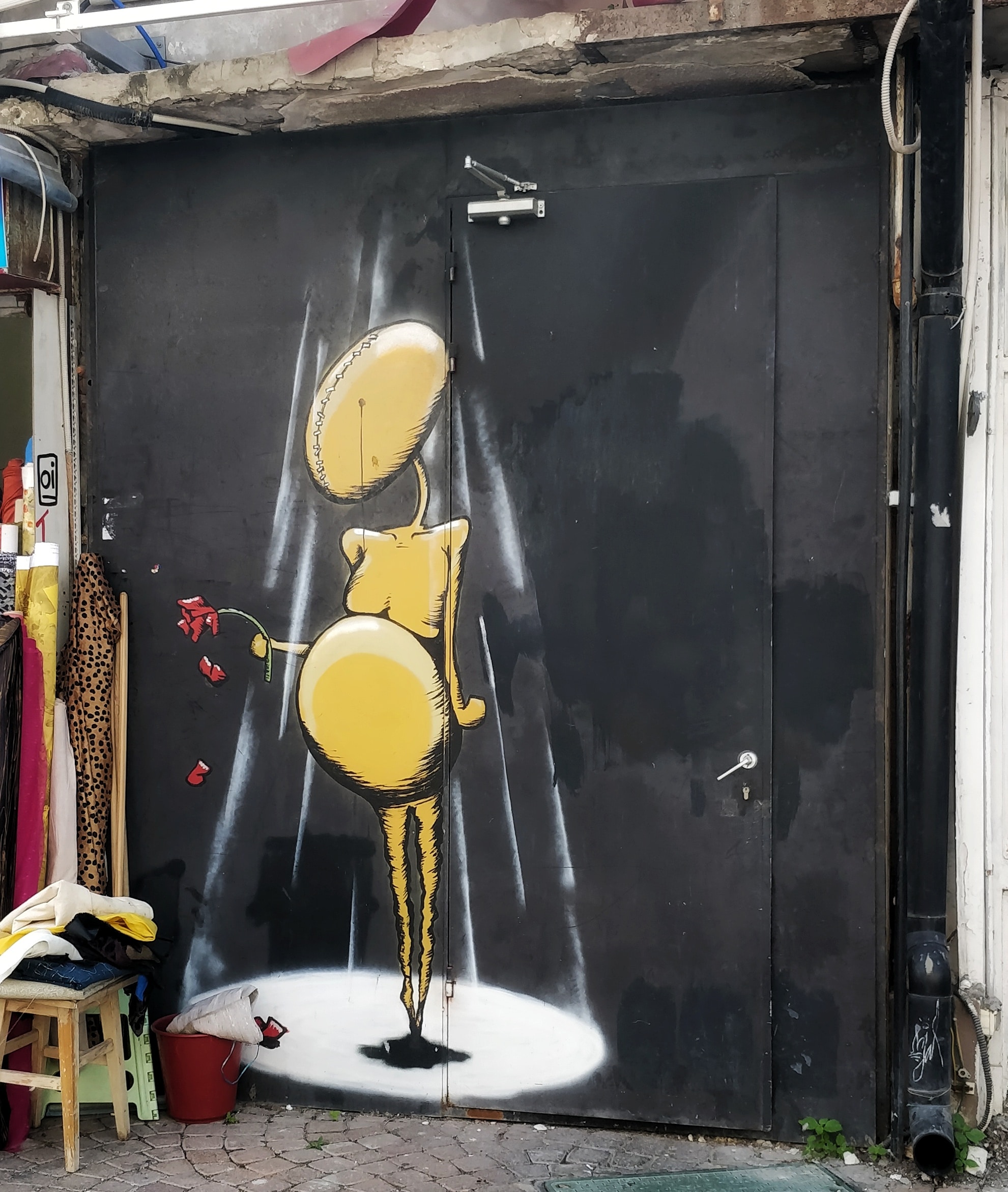
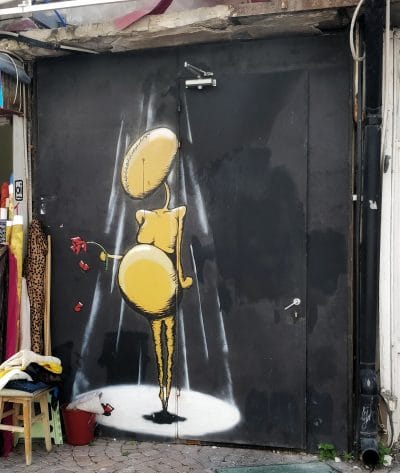 I went through stillbirth.
I went through stillbirth.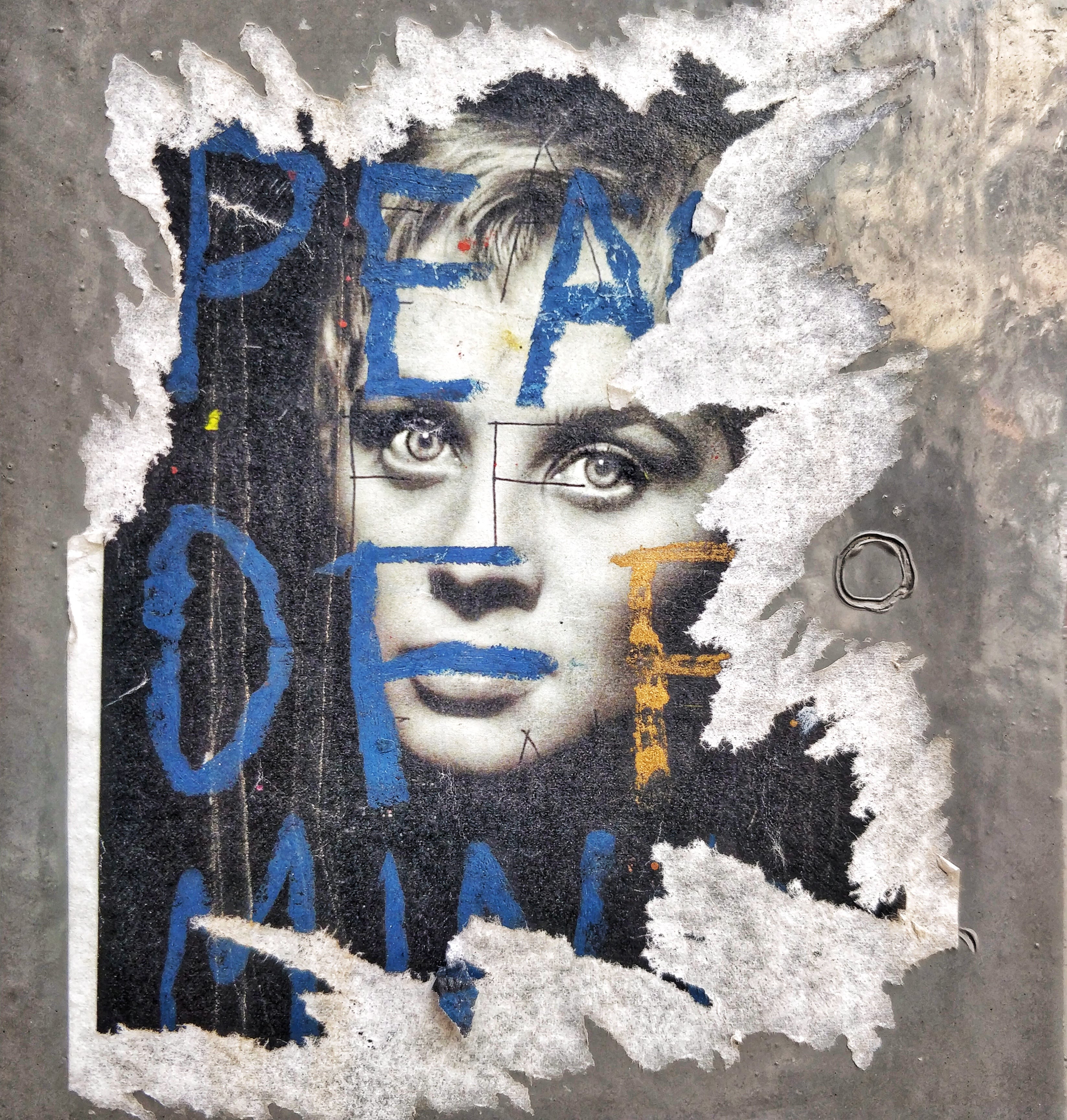
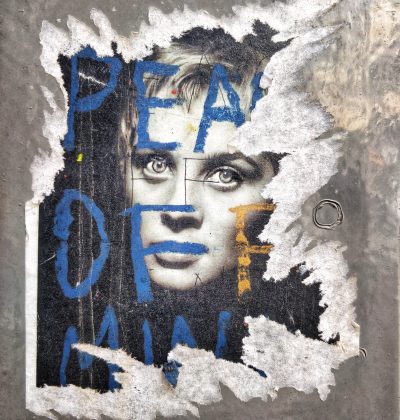 Prof. Jacob Raz is a well-known author, speaker, and teacher of Buddhism. He wrote a book (in Hebrew), in which I found this, which brought me to tears.
Prof. Jacob Raz is a well-known author, speaker, and teacher of Buddhism. He wrote a book (in Hebrew), in which I found this, which brought me to tears.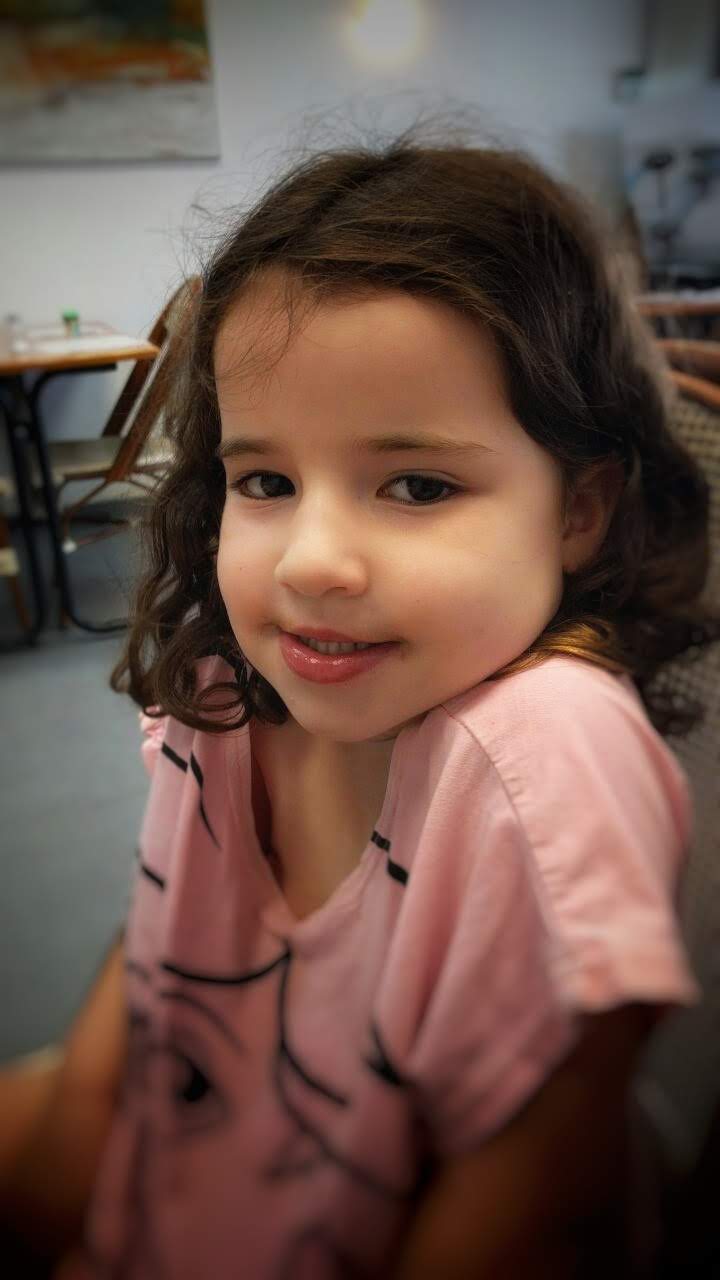
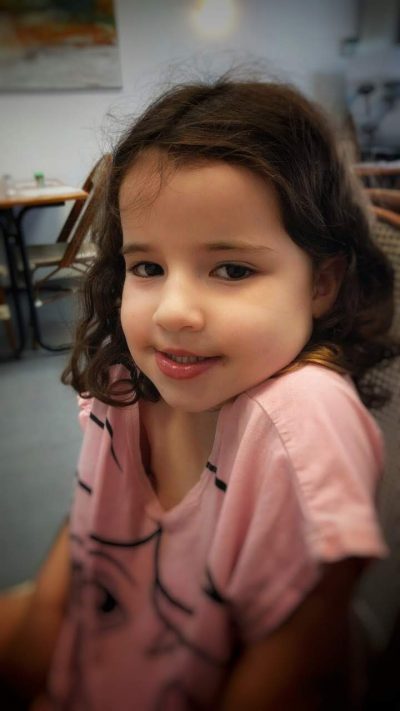 The first time I stumbled upon the terms “rainbow pregnancy” and “rainbow baby” was in March 2019, about eight and half years after my stillbirth.
The first time I stumbled upon the terms “rainbow pregnancy” and “rainbow baby” was in March 2019, about eight and half years after my stillbirth.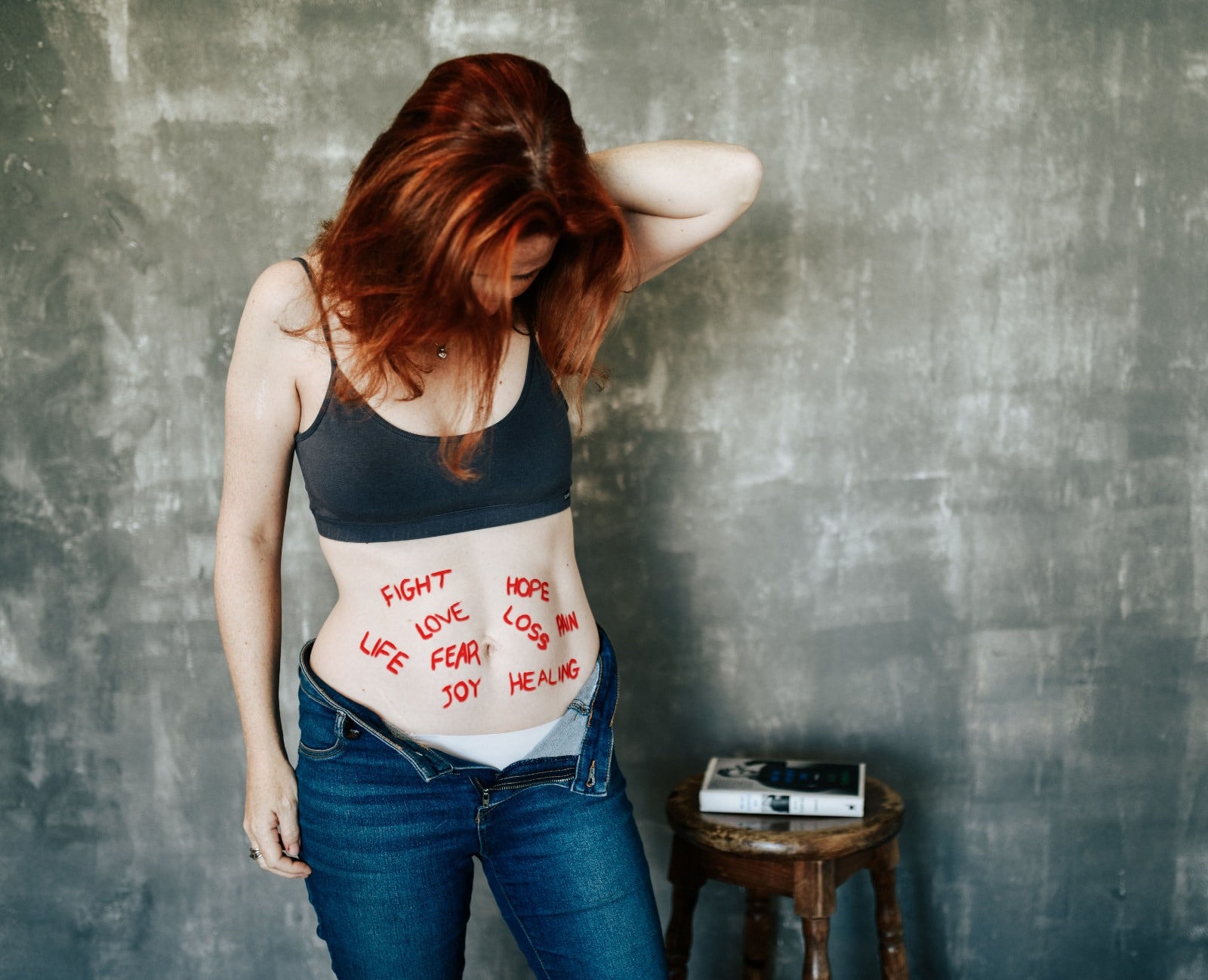
 On September 6th, 2010, I was on the 37th week and three days of my second pregnancy. I was feeling under the weather, so I spent most of the day in bed. That afternoon I wasn’t sure I felt my baby move, so I went to the ER.
On September 6th, 2010, I was on the 37th week and three days of my second pregnancy. I was feeling under the weather, so I spent most of the day in bed. That afternoon I wasn’t sure I felt my baby move, so I went to the ER.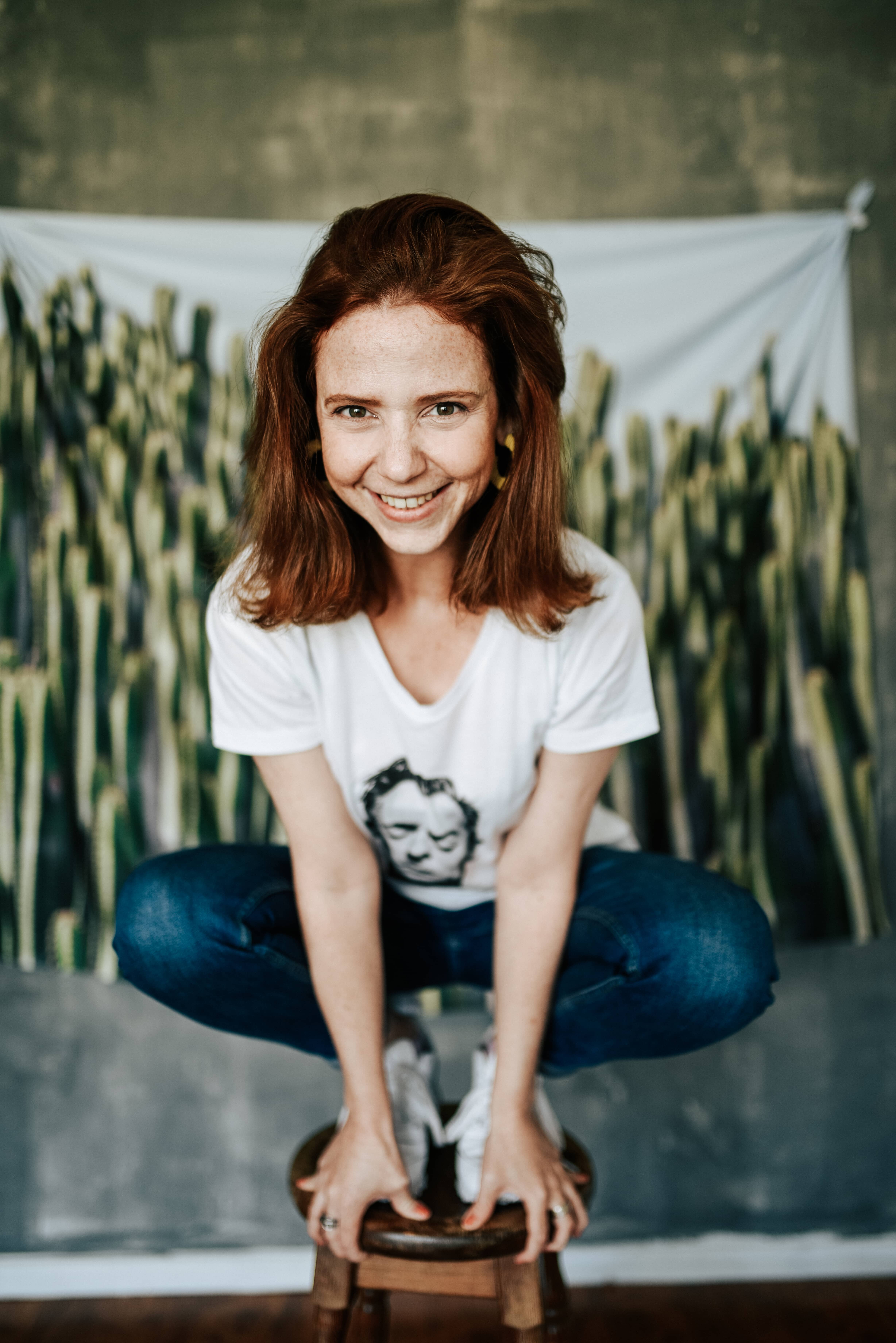
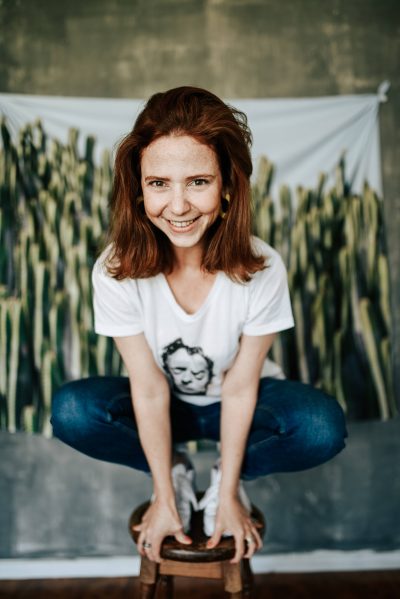 Many women refer to their stillbirth as the “before and after” changing point, the life they had before the stillbirth and the life they have after it is not the same, it’s changed.
Many women refer to their stillbirth as the “before and after” changing point, the life they had before the stillbirth and the life they have after it is not the same, it’s changed.